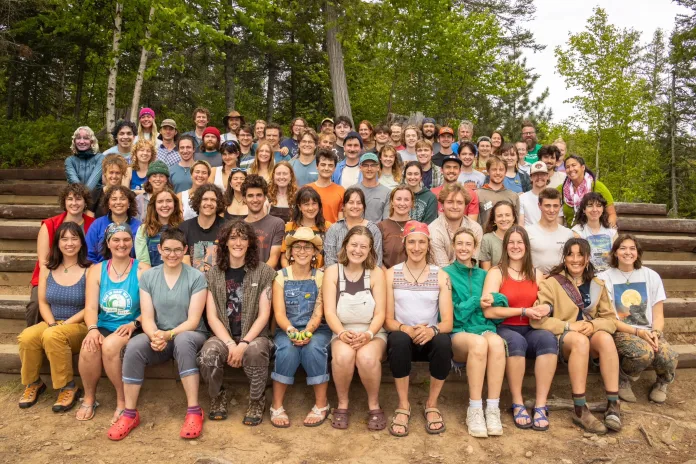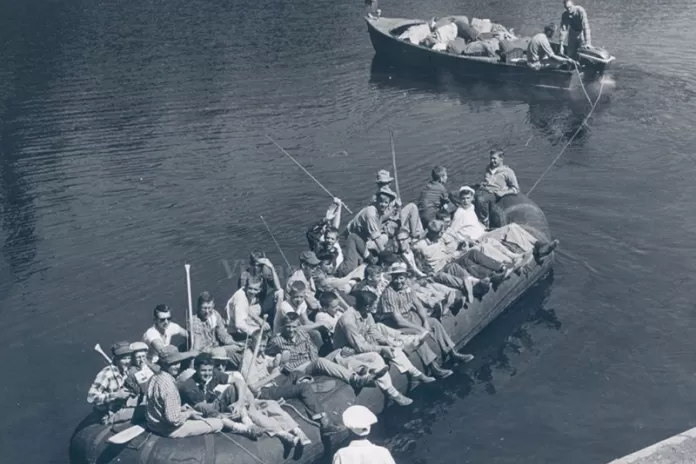Camp Menogyn
Since 1922, Camp Menogyn has been providing transformative wilderness experiences for youth. Only accessible by water, Menogyn is uniquely situated on the edge of the Boundary Waters Canoe Area Wilderness on West Bearskin Lake.
Menogyn’s primary focus is backcountry outdoor adventures and teens. In the summer, we provide canoeing and backpacking trips throughout North America for teens ages 12–18. These trips range in length from five to fifty days long! During the school year we work with high schools, colleges, partner groups, family camps, affinity groups, and more in retreat-style programming to facilitate outdoor adventures and community building.
Our mission is to develop in young people respect for self, community, and the environment, through outdoor adventures. We strive to build upon the Y's core values as part of our Camp Culture and Community Commitment.
This business operates on behalf of the Boundary Waters Canoe Area Wilderness program within the Superior National Forest. As a BWCAW program Cooperator, this business is an equal opportunity service provider.

Kelly Lewis
Summer Program Director
kelly.lewis@ymcanorth.org
Louisa Mullin
Fall, Winter and Spring Program Director
louisa.mullin@ymcanorth.org
What to Expect
Learn more about the teen wilderness experience, from essential eligibility requirements to health and safety details.
Registration
See what's available at our location, including rates, dates, and program descriptions.
Preparation
Download the definitive source of truth for preparing to attend our location.

Our Team
As leaders and friends, our team embodies the YMCA way.

Our Camp Story
We are part of a family. And like any family member, our camp has a unique personality and some distinct characteristics.

Giving Opportunities
Creating welcoming and supportive spaces takes a village. We would love for you to support and be part of ours.
Latest Posts
Contact Us
Whether you have a question or are ready to plan, we have the answers and are prepared to assist.
Financial Assistance
The YMCA offers need-based financial assistance to help people access the programs that are important to them.
Special Accommodations
We are committed to improving access to our programs and spaces for all.






